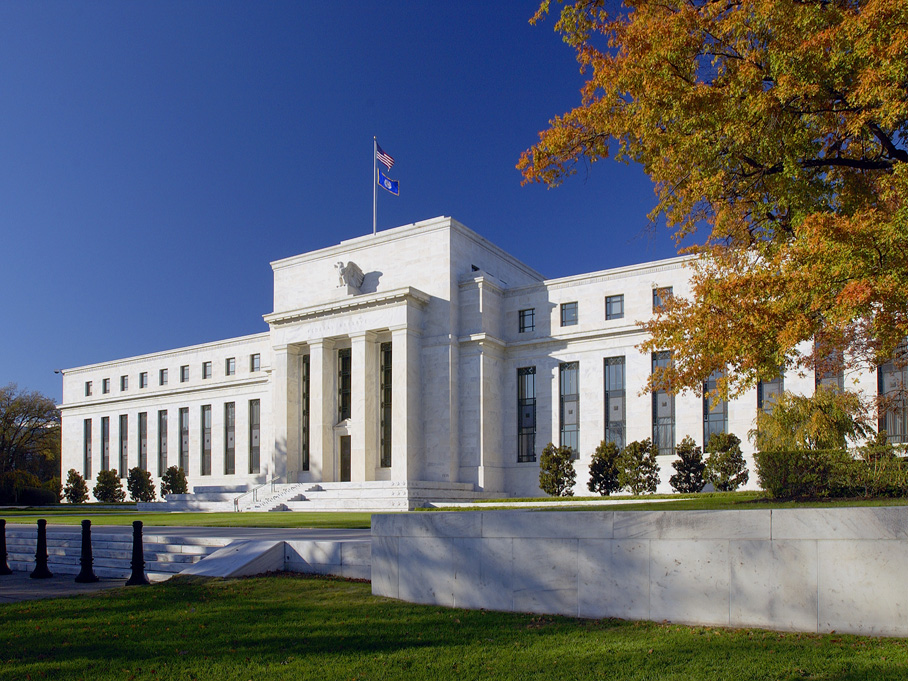
Failing to arrest high inflation in a timely manner will jeopardize the green transition more fundamentally. A restrictive monetary policy stance today will benefit society over the medium to long run by restoring price stability, said Isabel Schnabel, Member of the Executive Board of the ECB European Central Bank, during her speech at the International Symposium on Central Bank Independence hosted recently by the Sveriges Riksbank, in Stockholm, Sweden.
Low and declining interest rates have measurably contributed to the fall in the levelised cost of electricity, or LCOE, of renewable energies. As a result, the cost of electricity from renewable sources is now comparable to, or lower than, that of conventional power plants. These developments now risk being reversed by the marked rise in global interest rates over the past year. Since fossil fuel-based power plants have comparably low upfront costs, a persistent rise in the cost of capital may discourage efforts to decarbonize our economies rapidly, Isabel Schnabel.
“Fiscal policy needs to remain in the driving seat and accelerate the green transition, and that the decline in the ECB’s balance sheet as part of our monetary policy tightening requires us to make additional efforts to align our actions with the objectives of the Paris Agreement,” she added.
She further said that governments should reinforce their efforts to deepen capital markets and create a green Capital Markets Union. ECB research has long shown that stock markets are more effective than banks in supporting the decarbonization of the economy.




